Home>Gardening & Outdoor>Landscaping Ideas>How To Clean Duck Poop From Grass
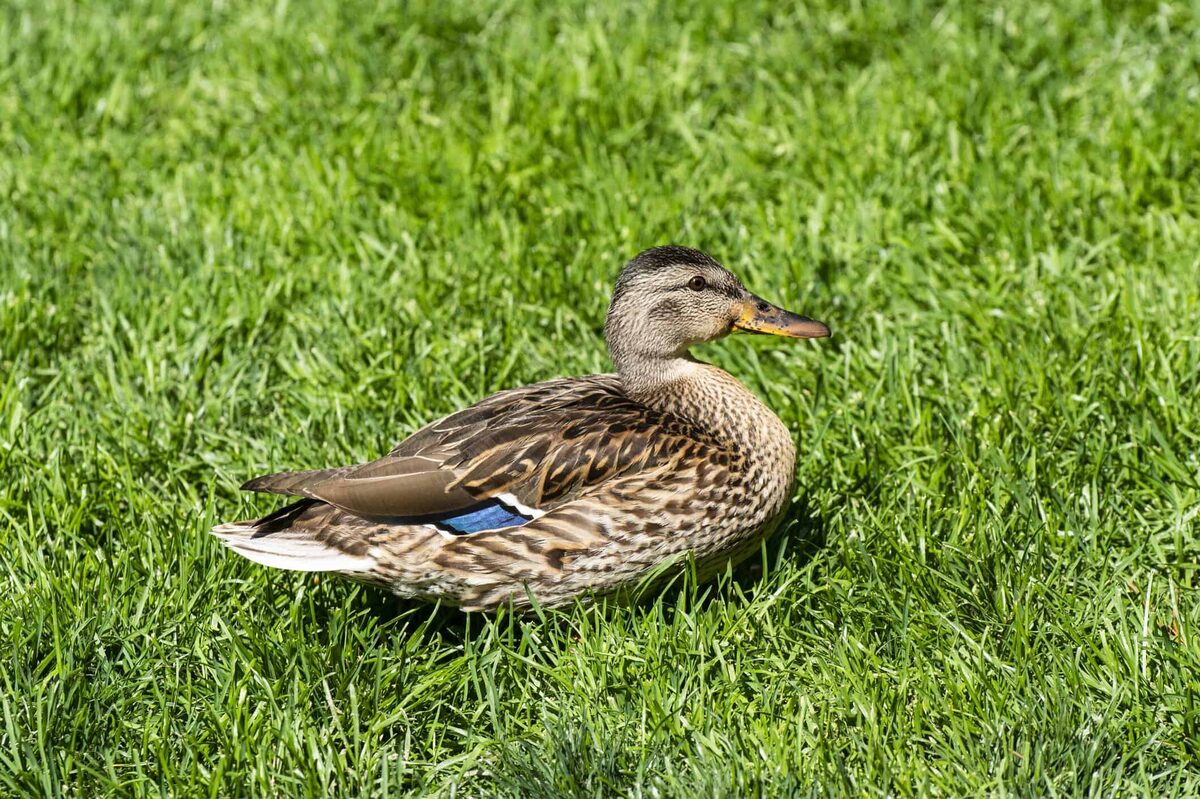

Landscaping Ideas
How To Clean Duck Poop From Grass
Modified: September 2, 2024
Learn effective landscaping ideas for cleaning duck poop from your grass. Discover easy techniques to maintain a clean and healthy outdoor space.
(Many of the links in this article redirect to a specific reviewed product. Your purchase of these products through affiliate links helps to generate commission for Storables.com, at no extra cost. Learn more)
Introduction
If you're a proud owner of a lush, green garden, chances are you've encountered the not-so-pleasant surprise of finding duck poop scattered across your pristine grass. While ducks can bring joy with their charming presence, their droppings can pose a challenge for maintaining a clean and inviting outdoor space. Fear not, for with the right approach, you can effectively tackle this issue and restore your garden to its former glory.
In this comprehensive guide, we'll delve into the art of cleaning duck poop from grass, providing you with practical tips and insights to address this common concern. From understanding the nature of the problem to implementing preventive measures, we'll cover every aspect of dealing with duck poop in your outdoor sanctuary. So, grab your gardening gloves and let's embark on a journey to reclaim the beauty of your green haven.
Key Takeaways:
- Promptly remove fresh duck poop from your grass using gloves and a hose to prevent damage and maintain a pristine lawn.
- Implement preventive measures like deterrents and landscape modifications to minimize future duck poop messes and preserve the beauty of your garden.
Read more: How To Keep Ducks From Pooping On Porch
Understanding the Problem
Before diving into the cleaning process, it's essential to grasp the nature of the issue at hand. Duck poop, much like other bird droppings, contains uric acid, which can be detrimental to your grass if left unattended. The acidic nature of the droppings can result in discoloration and even burn patches on your lawn, compromising its aesthetic appeal.
Furthermore, duck poop can harbor bacteria and parasites, posing potential health risks to humans and pets frequenting the area. This underscores the importance of promptly and effectively addressing the presence of duck droppings in your garden.
Aside from the potential damage to your lawn and health concerns, the unsightly appearance of duck poop can detract from the overall charm of your outdoor space. Whether you use your garden for leisure, entertaining guests, or simply finding solace in nature, the presence of duck poop can disrupt the tranquility and beauty of the environment.
By understanding the multifaceted implications of duck poop on your grass, you can approach the cleaning process with a sense of purpose and determination. With the right tools and methods, you can restore your garden to its pristine state and create a welcoming atmosphere for all to enjoy.
Tools and Materials Needed
Before embarking on the mission to clean duck poop from your grass, it’s essential to gather the necessary tools and materials. Here’s a comprehensive list of items that will aid you in this endeavor:
- Gloves: Durable, waterproof gloves will protect your hands from coming into direct contact with the droppings.
- Plastic Bags: These will be used for the safe disposal of collected duck poop.
- Garden Hose: A garden hose with a nozzle attachment will facilitate the rinsing process.
- Stiff Bristle Brush: Ideal for scrubbing and loosening dried poop from the grass.
- Mild Detergent: A gentle, eco-friendly detergent will aid in breaking down and removing stubborn residues.
- Protective Eyewear: Safety goggles or glasses can shield your eyes from any splashes during the cleaning process.
- Biodegradable Cleaner: An environmentally friendly cleaner can be used to sanitize the affected area.
- Grass Seed: In case the grass has been damaged, having grass seed on hand will allow you to reseed the affected areas.
By ensuring that you have these tools and materials at your disposal, you’ll be well-equipped to effectively tackle the task of cleaning duck poop from your grass. With the right resources in hand, you can approach the cleaning process with confidence and efficiency, restoring the beauty of your garden in no time.
Step 1: Removing Fresh Duck Poop
When dealing with fresh duck poop on your grass, prompt action is key to preventing potential damage and maintaining the pristine condition of your lawn. Follow these steps to effectively remove fresh duck droppings:
- Put on Gloves: Before handling the droppings, ensure that you’re wearing durable, waterproof gloves to protect your hands from direct contact.
- Collect Using Plastic Bags: Carefully pick up the fresh droppings using a plastic bag, turning it inside out to scoop up the mess without touching it directly. Seal the bag securely to contain the droppings.
- Rinse the Area: After removing the bulk of the droppings, use a garden hose with a nozzle attachment to thoroughly rinse the affected area. This will help dilute any remaining residue and minimize the potential for discoloration or damage to the grass.
- Clean and Sanitize: For added cleanliness, use a mild detergent and water solution to scrub the area where the droppings were located. Rinse the area again to remove the detergent residue.
- Monitor the Grass: Keep an eye on the affected area in the following days to ensure that the grass remains healthy. If any discoloration or damage is observed, consider reseeding the affected patches with grass seed to promote regrowth.
By swiftly and methodically addressing fresh duck poop on your grass, you can mitigate the potential harm and maintain the vibrancy of your lawn. With these steps, you’ll effectively remove the immediate impact of the droppings, setting the stage for a clean and rejuvenated outdoor space.
Use a plastic bag or gloves to pick up the solid duck poop from the grass. Then, use a hose to spray down the area and dilute any remaining residue. Repeat as needed.
Step 2: Dealing with Dry Duck Poop
When encountering dry duck poop on your grass, a slightly different approach is needed to effectively address the situation. Follow these steps to tackle dry duck droppings and restore the cleanliness of your lawn:
- Loosen the Droppings: Use a stiff bristle brush to gently loosen and break apart the dry droppings. Avoid using excessive force, as this can damage the grass beneath the droppings.
- Collect Debris: Once the droppings are loosened, carefully collect the debris using a dustpan or gloved hands, ensuring that the droppings are contained and not scattered further.
- Rinse the Area: Use a garden hose with a nozzle attachment to thoroughly rinse the area where the dry droppings were located. This will help remove any remaining residue and refresh the grass.
- Clean and Sanitize: If any residue remains, create a solution of mild detergent and water to scrub the affected area. Rinse the area again to ensure that all traces of the droppings and detergent are removed.
- Restore the Grass: If the grass has been discolored or damaged, consider reseeding the affected patches with grass seed to promote regrowth and restore the lush appearance of your lawn.
By following these steps, you can effectively address the presence of dry duck poop on your grass, revitalizing the affected area and maintaining the overall beauty of your garden. With patience and thoroughness, you’ll successfully overcome the challenge of dealing with dry droppings and preserve the health and vibrancy of your lawn.
Read more: How To Clean Grass From Dogs’ Poop
Step 3: Preventing Future Duck Poop Messes
After successfully cleaning duck poop from your grass, it’s important to implement preventive measures to minimize the likelihood of future messes. Consider the following strategies to deter ducks and maintain a poop-free lawn:
- Install Deterrents: Utilize visual deterrents, such as reflective objects or predator decoys, to discourage ducks from frequenting your garden. These can disrupt their comfort and make your lawn less appealing as a resting or feeding spot.
- Modify the Landscape: Alter your garden landscape by adding dense shrubbery or plants with prickly textures to create an environment that is less inviting to ducks. They are less likely to land in areas with limited visibility and potential obstacles.
- Secure Water Features: If you have ponds or water features in your garden, consider installing barriers or netting to prevent ducks from accessing these areas. By restricting their access to water sources, you can reduce their incentive to visit your property.
- Regular Maintenance: Routinely inspect your garden for signs of duck activity, such as droppings or feathers. Promptly clean any messes and address potential attractants to discourage recurrent visits.
- Seek Professional Advice: If duck presence becomes a persistent issue, consider consulting with a wildlife expert or local authorities to explore humane and effective methods for managing duck populations in your area.
By proactively implementing these preventive measures, you can create an environment that is less appealing to ducks, reducing the likelihood of future poop messes on your grass. By combining vigilance with strategic modifications, you can preserve the cleanliness and pristine condition of your garden, allowing you to fully enjoy its beauty and tranquility.
Conclusion
Dealing with duck poop on your grass may initially seem like a daunting task, but armed with the right knowledge and approach, you can effectively address this common concern. By understanding the implications of duck droppings on your lawn and implementing the appropriate cleaning and preventive measures, you can maintain a beautiful and inviting outdoor space for your enjoyment.
From promptly removing fresh droppings to delicately addressing dry residues, each step in the cleaning process plays a crucial role in preserving the health and appearance of your grass. Furthermore, by implementing strategies to deter ducks and minimize their presence in your garden, you can proactively prevent future poop messes, creating a more harmonious outdoor environment.
Remember, maintaining a clean and vibrant garden is not only aesthetically pleasing but also contributes to the overall well-being of your outdoor space. By staying proactive and attentive to the needs of your lawn, you can create a welcoming sanctuary for relaxation, recreation, and connection with nature.
So, the next time duck poop graces your grass, approach the situation with confidence, armed with the insights and strategies shared in this guide. With your dedication and the right tools at your disposal, you can conquer the challenge of cleaning duck poop from your grass, ensuring that your garden remains a source of joy and tranquility for years to come.
Frequently Asked Questions about How To Clean Duck Poop From Grass
Was this page helpful?
At Storables.com, we guarantee accurate and reliable information. Our content, validated by Expert Board Contributors, is crafted following stringent Editorial Policies. We're committed to providing you with well-researched, expert-backed insights for all your informational needs.

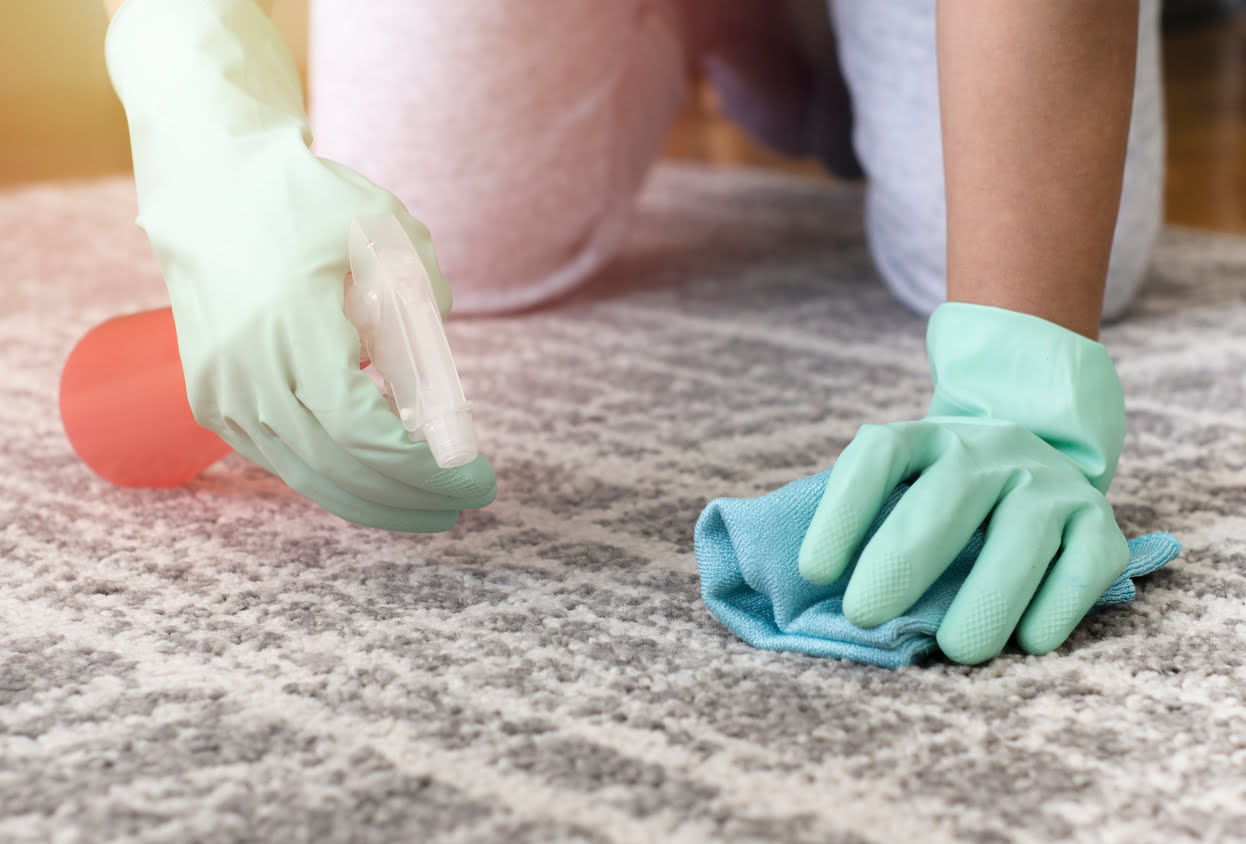

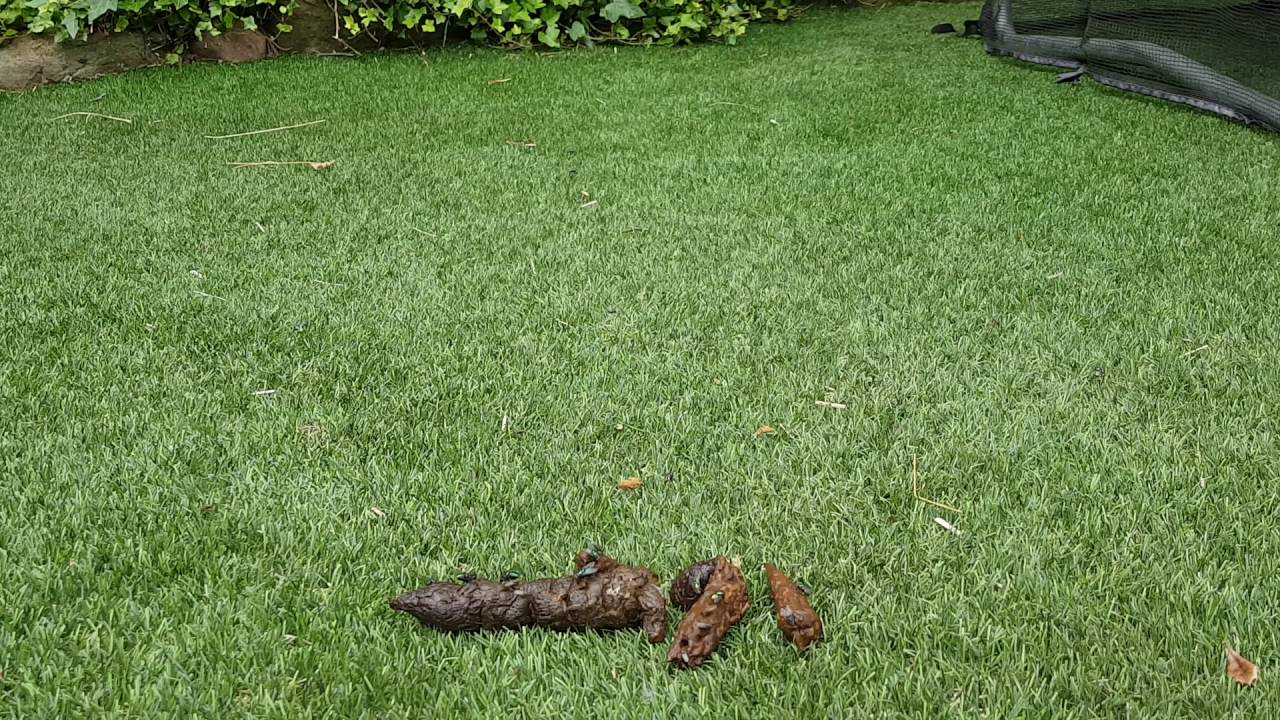
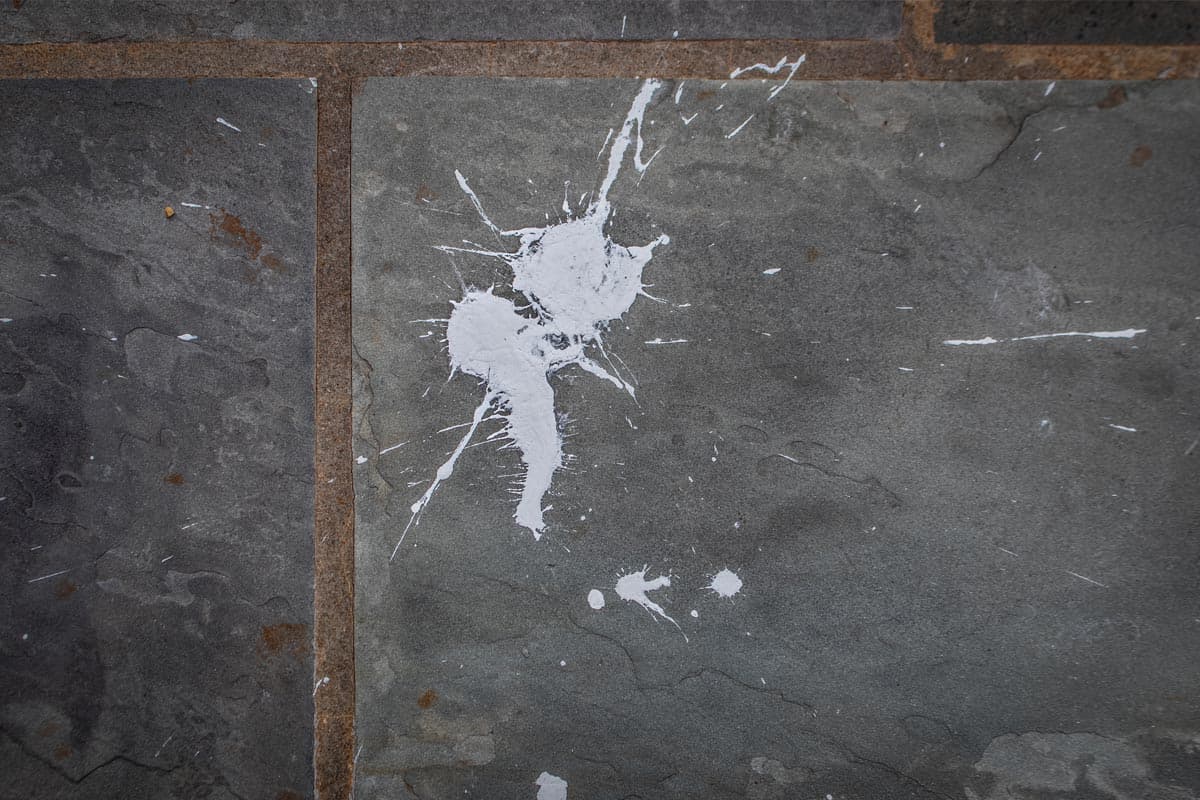
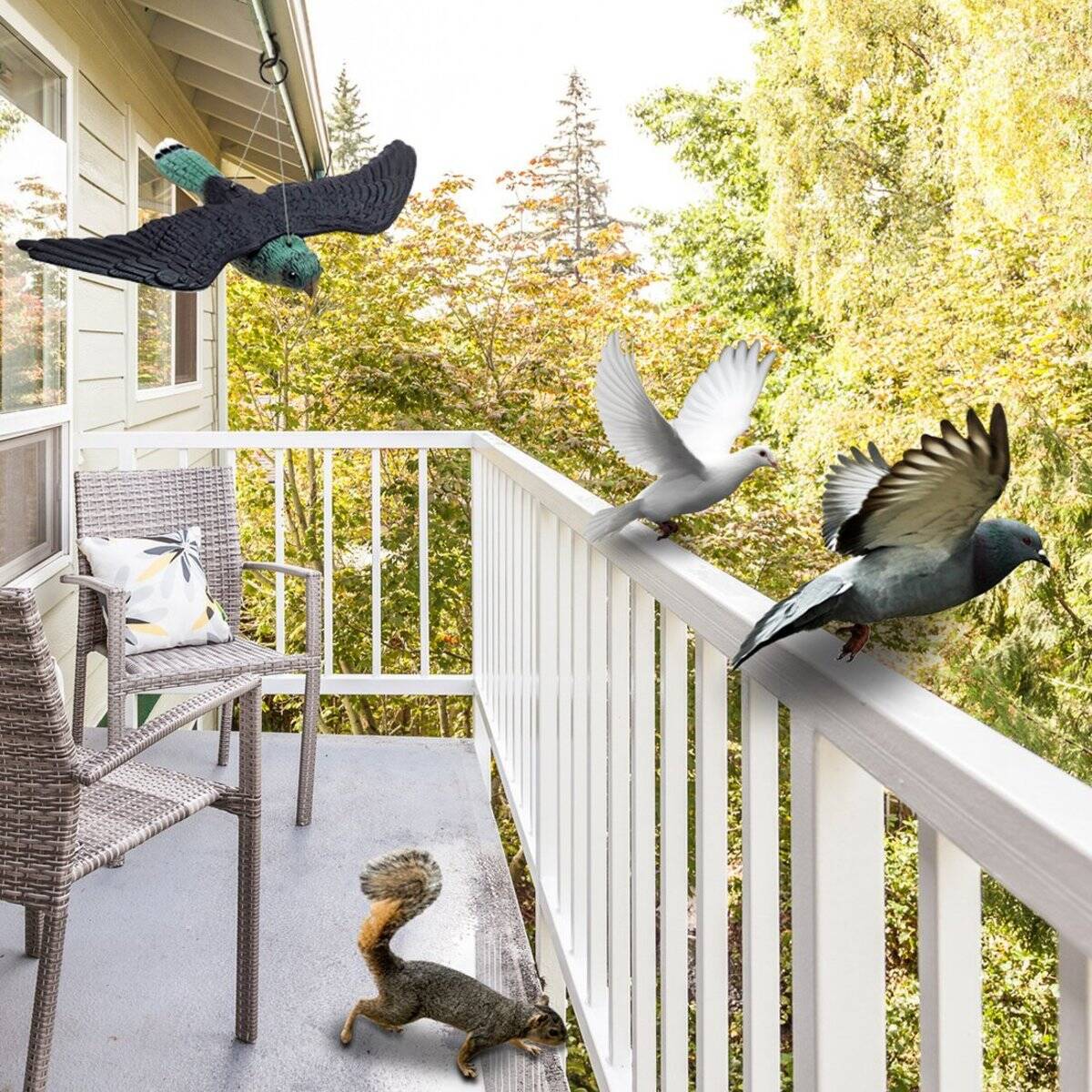
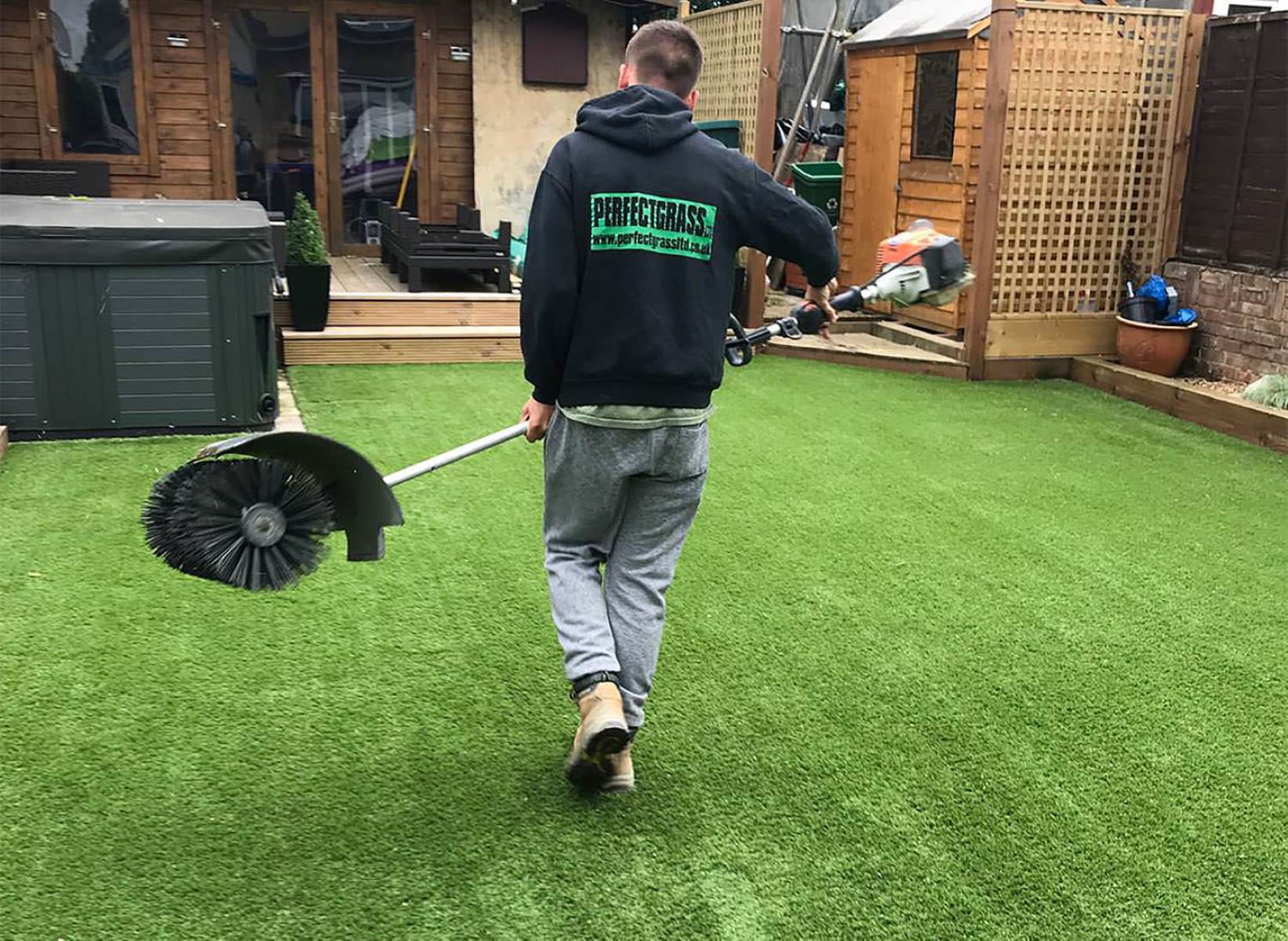
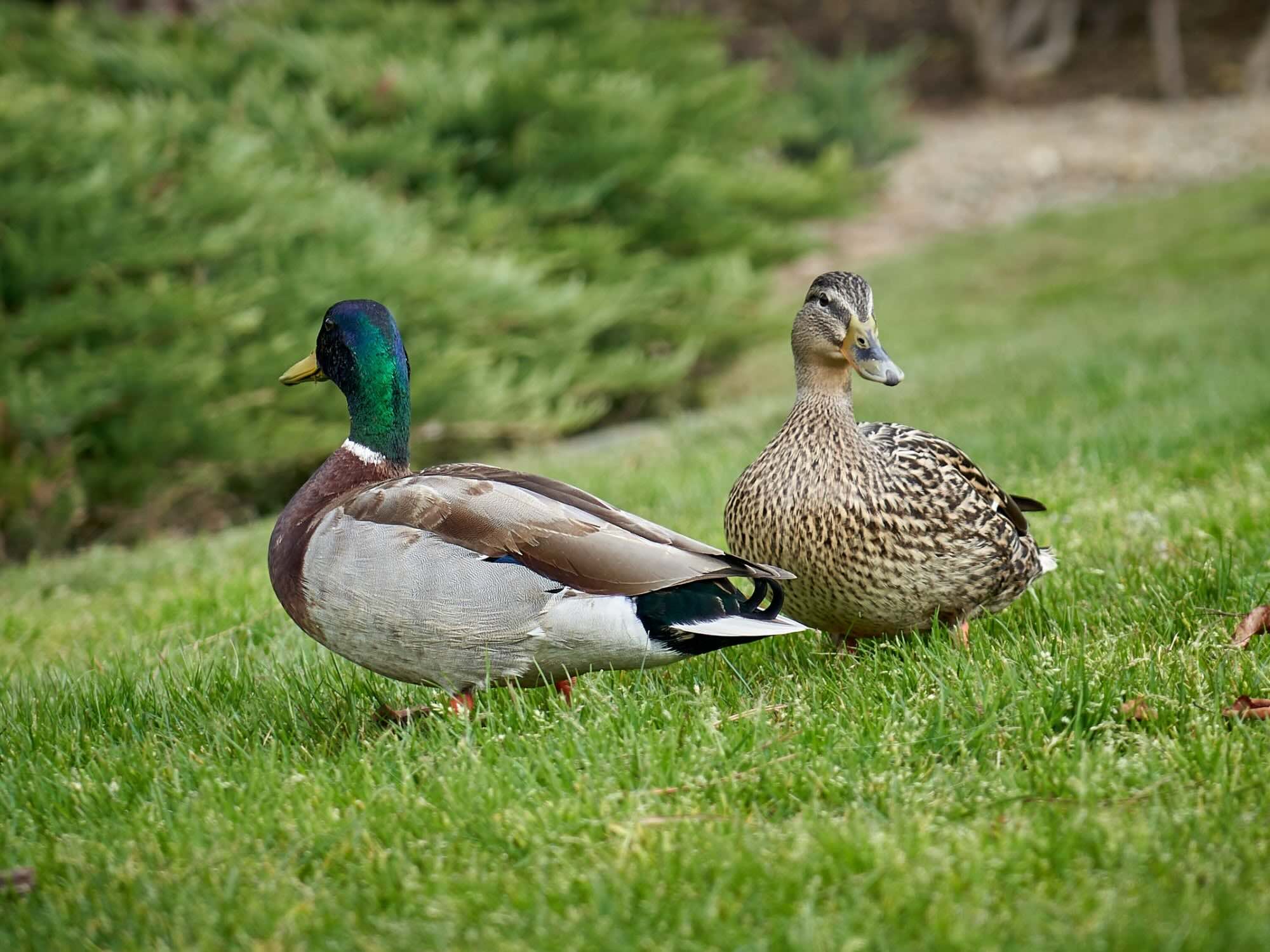
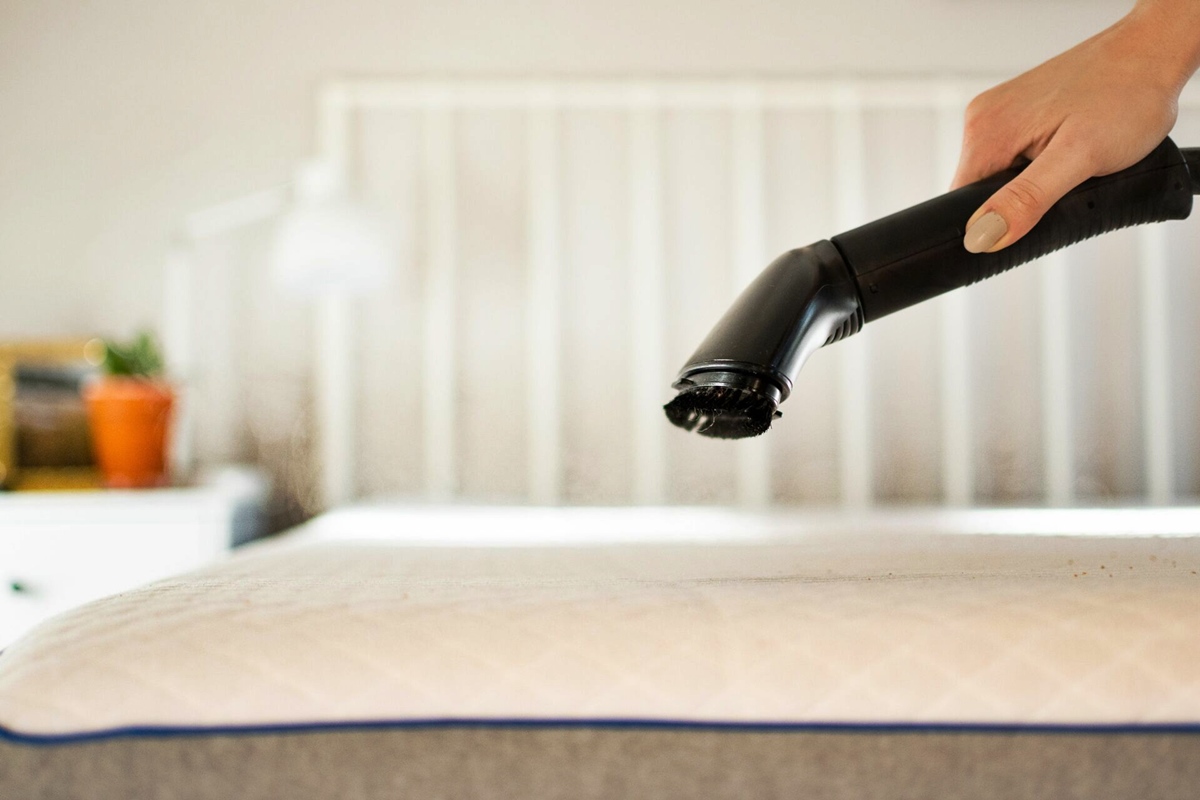
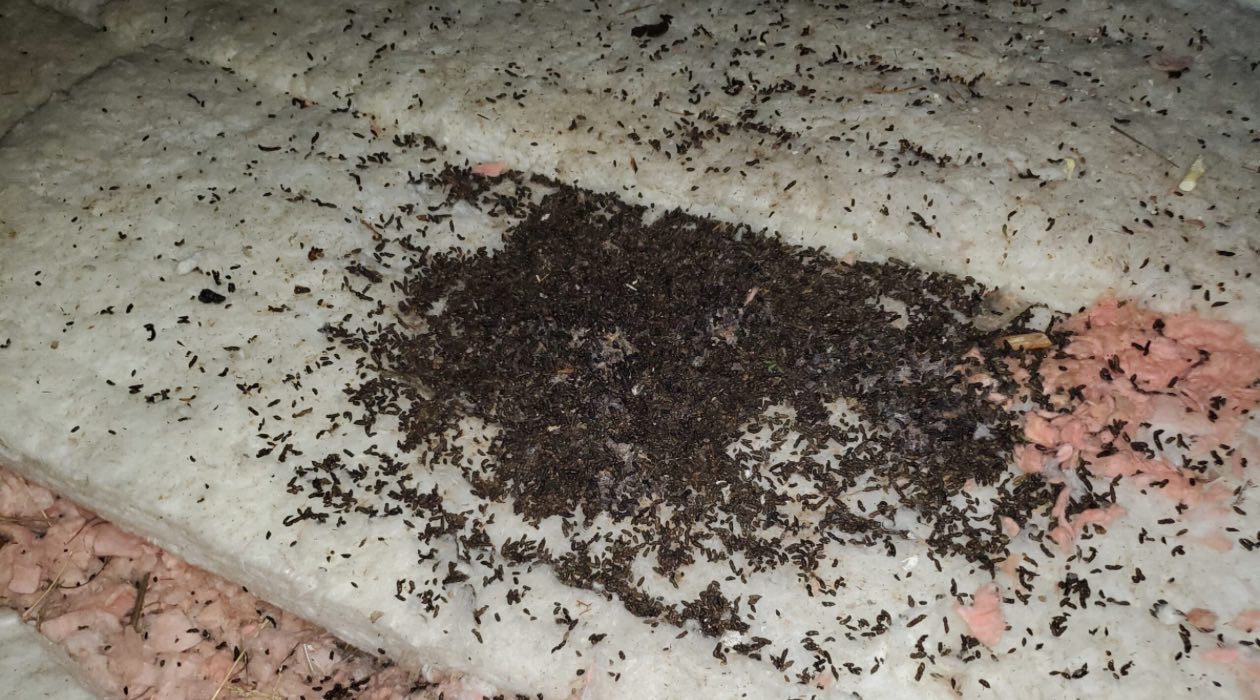
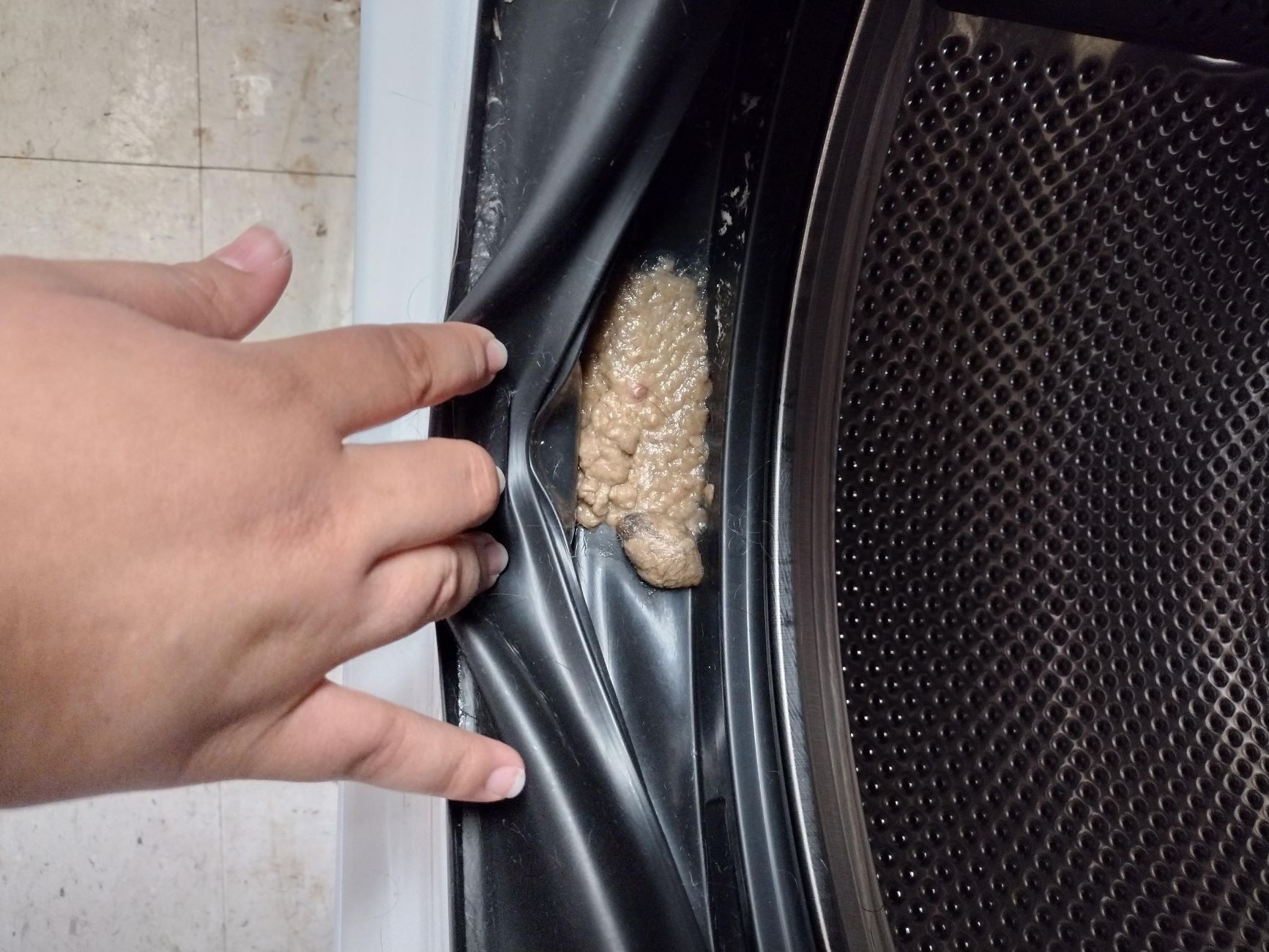
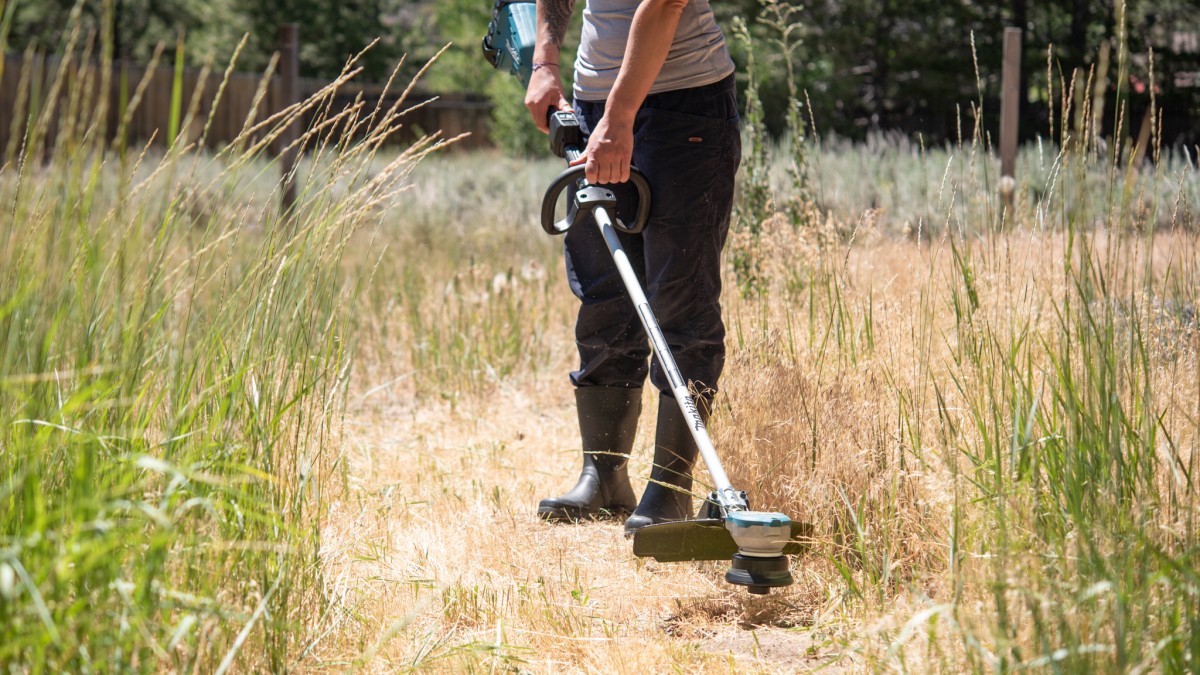
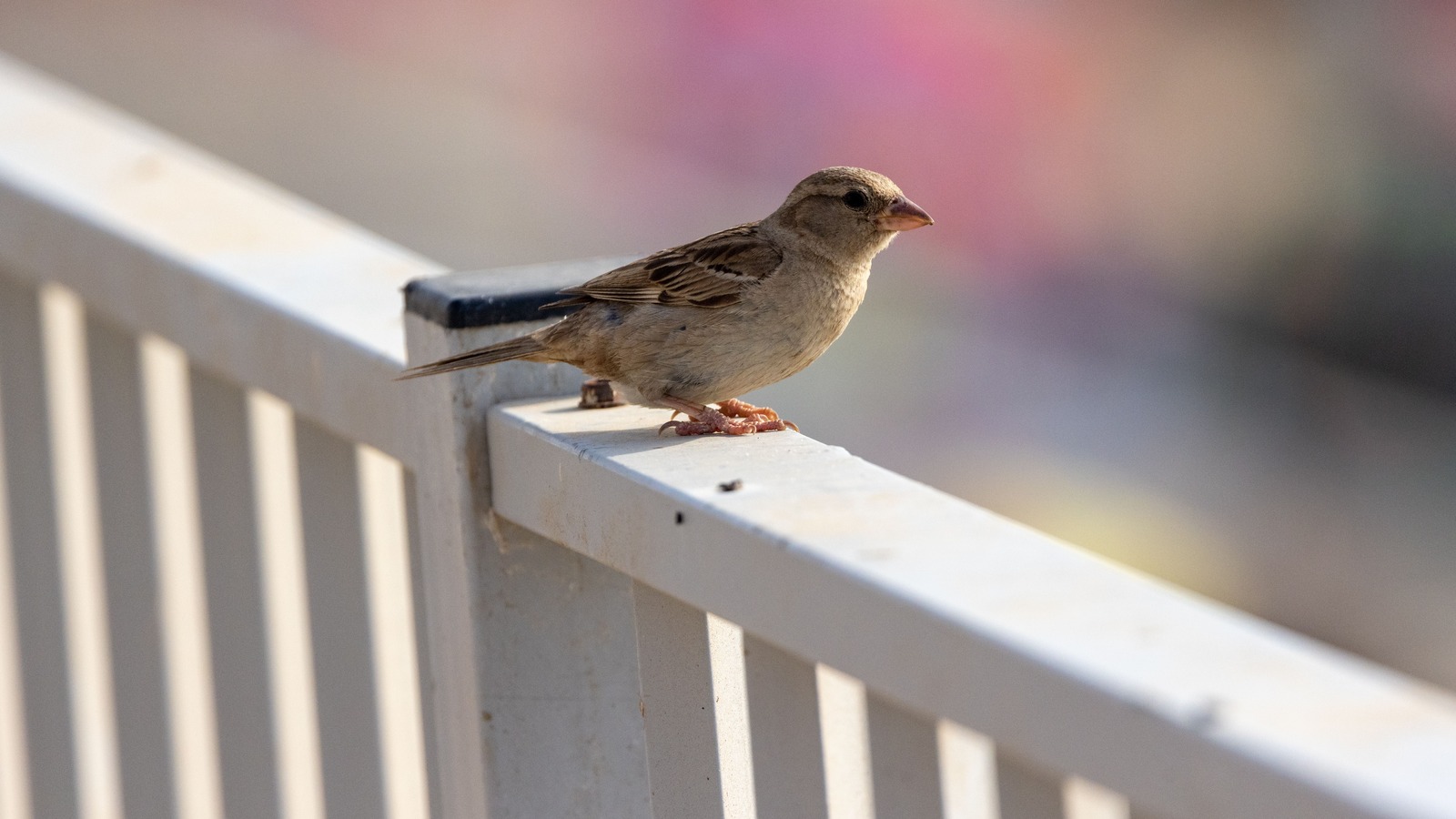
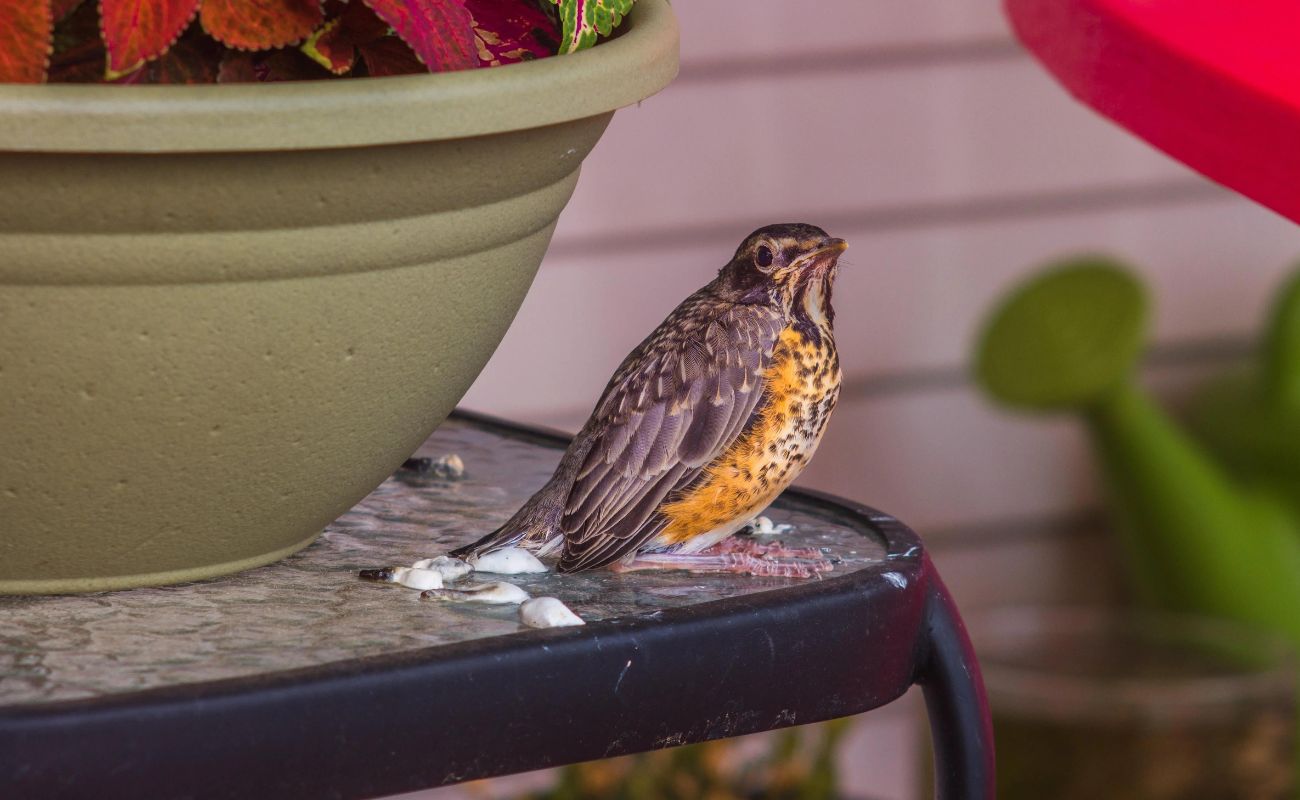

0 thoughts on “How To Clean Duck Poop From Grass”